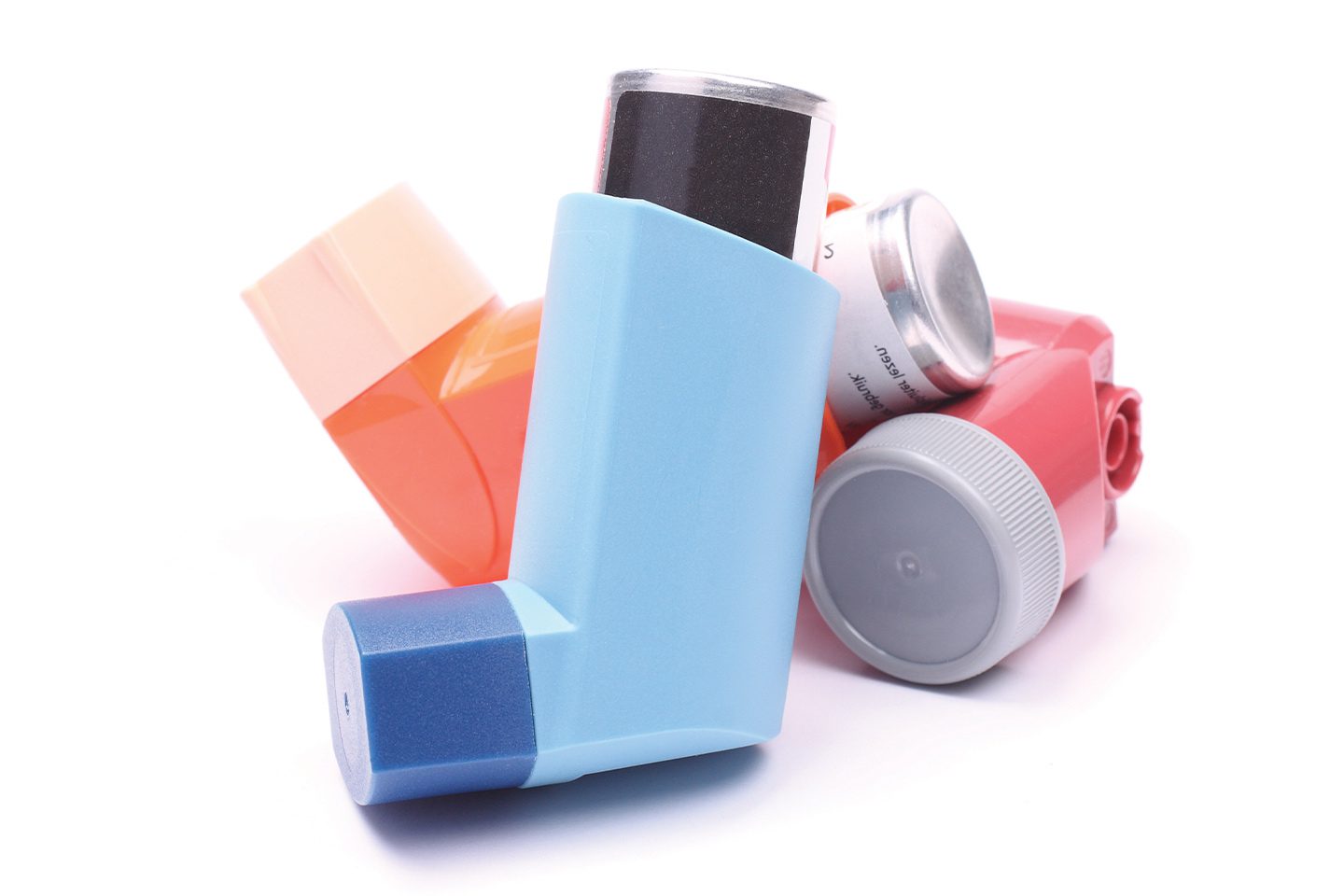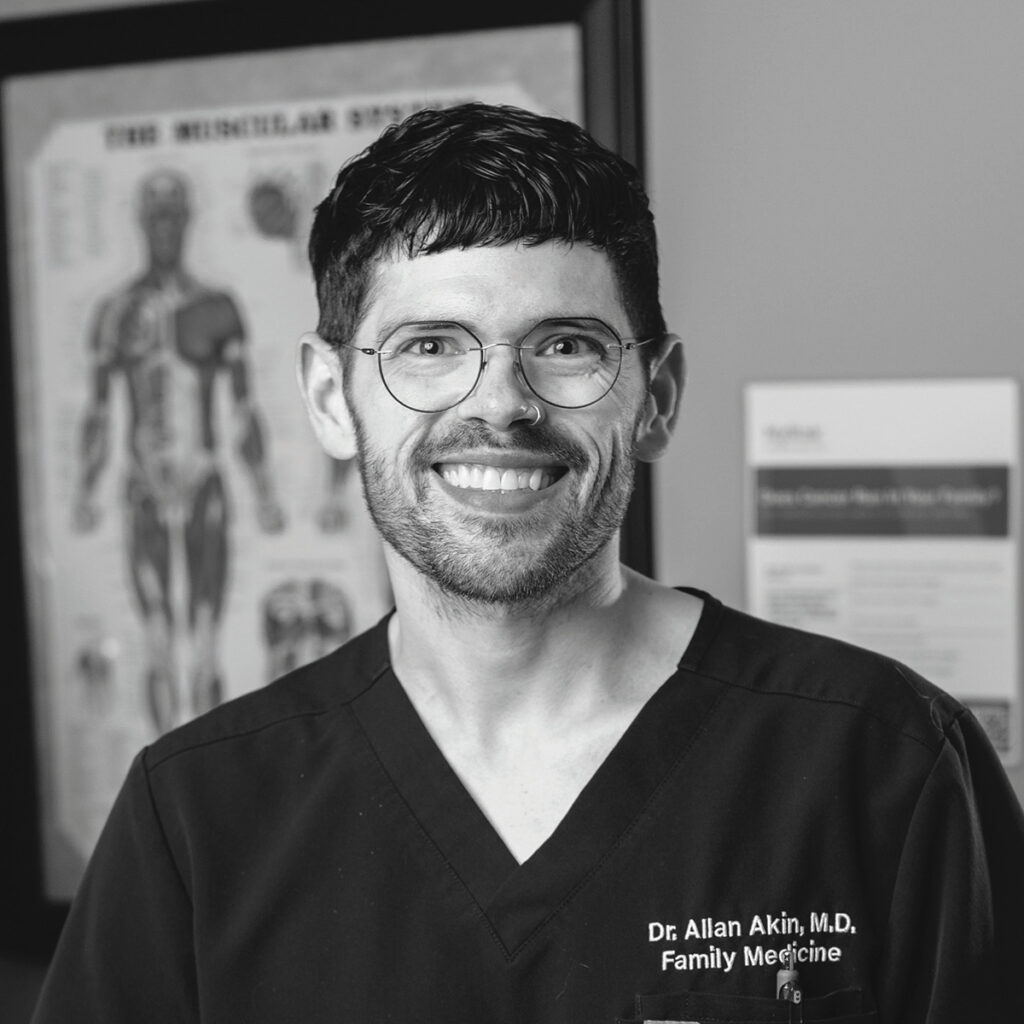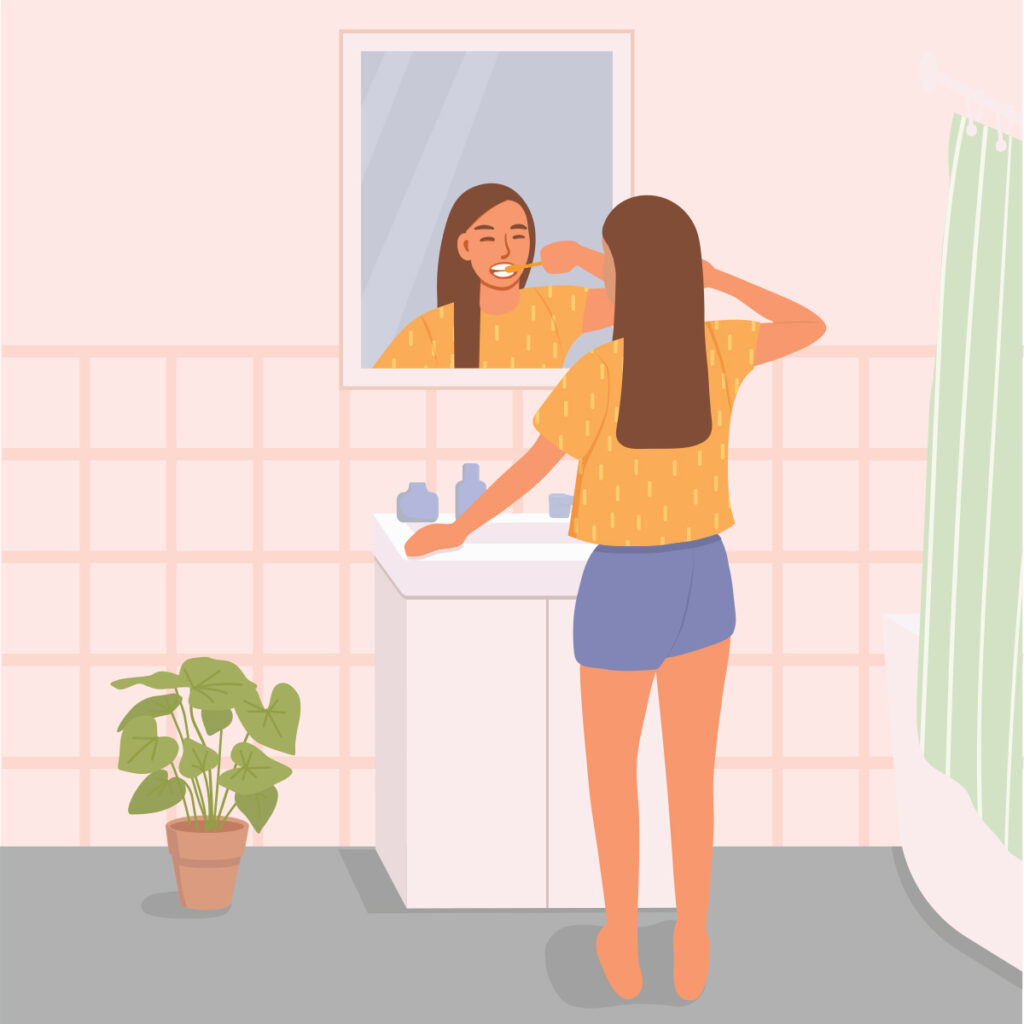Caring for Your Lungs as You Age
As adults age, a healthy respiratory system becomes increasingly important to their overall well-being. People of all ages are susceptible to respiratory problems, but for older adults, they can pose an elevated risk as their bodies change with age. Here, we discuss some of the most common respiratory disorders in older adults as well as how to prioritize caring for your lungs as you age.
By Anna Hill

Pulmonologist, Pulmonary & Critical Care Consultants of Chattanooga – Jasper Lung Center
Asthma
For many, when the word “asthma” is mentioned, it likely evokes the image of a child or teen with an inhaler. However, while asthma does occur in over 6 million children in the U.S., it occurs in over 20 million adults, many of whom continue to experience symptoms into their senior years. A chronic lung disease that inhibits air flow in and out of the lungs, asthma is usually triggered by exercise, respiratory infections, or external stimuli, such as allergens, pollutants, smoke, or exposure to sharp temperature changes.
“Asthma in the elderly is complicated by the fact that they have an aging immune system’s response to inflammation, which is a hallmark of asthma,” explains Dr. Jonathan Lenzen, a pulmonologist with Pulmonary & Critical Care Consultants of Chattanooga. “Also, in the elderly, their respiratory muscles and chest wall have less elastic recoil and increased weakness associated with aging, which can make asthma flare-ups more severe.” With asthma, it’s important to take preventive measures by avoiding any known triggers as well as staying up to date on flu vaccinations. Flare-ups are typically treated similarly to those in younger adults – with inhalers or a round of oral corticosteroids if needed.
“Asthma in the elderly is complicated by the fact that they have an aging immune system’s response to inflammation, which is a hallmark of asthma.”
–Dr. Jonathan Lenzen


Nurse Practitioner,
Morning Pointe Senior Living
Cold & Flu
People of all ages need to watch out for colds and flu viruses, but it’s especially important for older adults to monitor their condition if they happen to come down with one. “The older adult has a greater risk with influenza due to a higher potential to develop pneumonia and/or become hospitalized. This risk becomes greater due to a general decline in our immune capabilities as we age,” says Greg Joyner, a nurse practitioner with Morning Pointe Senior Living. “In those 65 and older, during the first few weeks of infection, flu also increases the risk of stroke and heart attack by three to five times,” adds Dr. Lenzen. Because of this, it’s often better for an older adult who suspects they have flu symptoms to consult with a healthcare provider sooner rather than later – waiting for it to clear up on its own can lead to a far more severe case of illness.
COPD
Chronic obstructive pulmonary disease, commonly referred to as COPD, is an umbrella term for long-term lung disease, which includes chronic bronchitis and emphysema. COPD is the third leading cause of disease-related death in the U.S. It enflames and thickens the airways, which prevents the body from getting as much oxygen as it needs, and is most often caused by a history of smoking. Those in the 65 or older age group experience the highest rates of COPD. The good news is there are a lot of treatment options. For typical cases, routine treatments include inhaled bronchodilators and inhaled corticosteroids, as well as antibiotic treatment for any suspected bacterial infections. For more severe cases, oxygen therapy as well as pulmonary rehabilitation might be prescribed, and for the most severe cases, there are some surgical treatment options. It’s also important to know that if you’re an older adult who still smokes, it’s never too late to stop.

Challenges in Treatment
While the above conditions can affect people in any age group, treating them in older adults can present a unique set of challenges. “Accurate and early diagnosis in the elderly is important, but it can be challenging due to already-existing medical conditions which could mimic an underlying primary pulmonary disorder,” says Dr. Lenzen. Furthermore, as previously mentioned, common viruses such as cold and flu more easily turn into pneumonia and can require hospitalization more frequently in the elderly. These conditions open them up to potential for complications, such as acute hypoxemia (low blood oxygen), which can lead to further trouble breathing, restlessness, confusion, and heart failure.
Preventive Care
Active participation in monitoring your health and preventive care are some of the best ways to reduce your risk of severe respiratory conditions. For example, as a younger adult, you might not consider pneumonia to be a particularly dangerous threat, but as you age, it can become much more serious. “Pneumonia vaccinations can help reduce specific types of bacteria-related pneumonia,” advises Joyner. “In addition, maintaining a healthy immune system with a good diet, exercise, and supplements can facilitate a good immune response, should an older adult develop pneumonia.” It’s also incredibly important to stop smoking as well as avoid secondhand smoke or other pollutants wherever possible.
Focusing on the lungs specifically, Dr. Lenzen recommends getting into a good breathing exercise routine. “Do deep-breathing exercises for two to five minutes several times per day. While counting, slowly breathe in through your nose alone. Then, breathe out through your mouth alone at least twice as long. This also relaxes you and makes you feel less stressed,” he adds. It’s also important to practice simple good hygiene – clean hands can go a long way in preventing the spread of illness.
While there is no way to avoid a decline in your immune system as you age, there are many things you can do to keep yourself healthy. As an older adult, it’s always important to keep up to date with vaccinations, avoid lung irritants, and seek professional care sooner rather than later if you’re experiencing any symptoms typical of respiratory issues.




